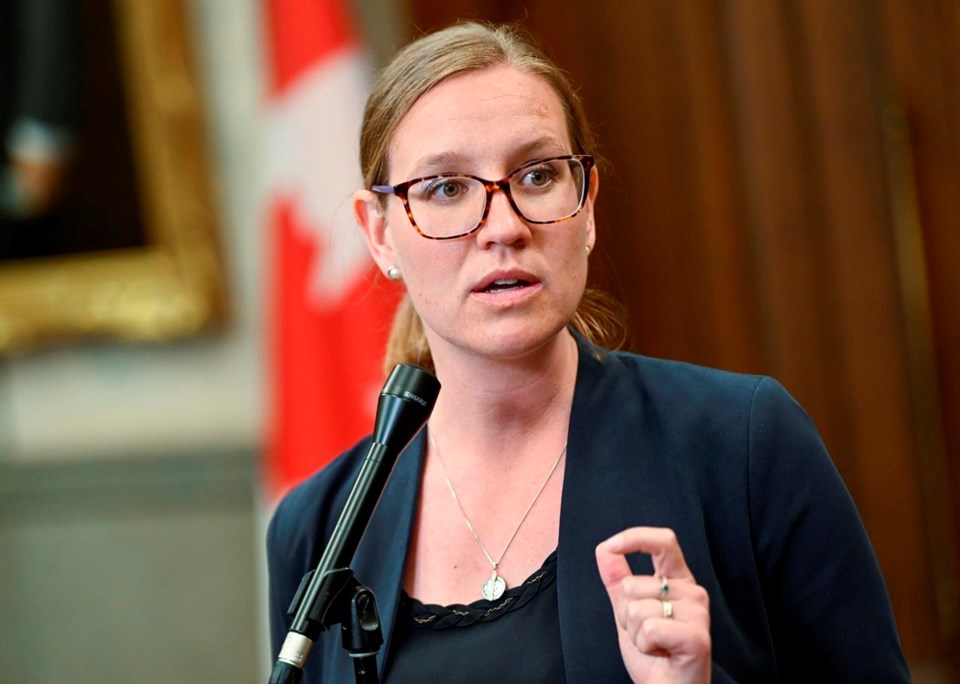OTTAWA — The federal government is looking to make good on its promise to implement a national school food policy, starting with getting feedback from Canadians.
Prime Minister Justin Trudeau tasked the minister of families, children and social development, Karina Gould with creating a nutritious meal program when she took on the role last fall. The Liberals made this a platform promise in the 2021 election.
"I don't know exactly why it's taken so long, but I think the fact that we're here now is really important," Gould said at a press conference Wednesday.
The federal budget in April said provinces, territories, municipalities and Indigenous Peoples would be among those consulted on the development of the policy over the next year.
A patchwork of organizations provide school breakfast and lunch programs across the country, which are funded by cities, provinces and private donors.
The Ottawa Network for Education provides school breakfast programs for two thirds of Ottawa schools.
Its director, Carolyn Hunter, said that demand for the breakfast programs has increased by seven per cent in the last year.
"We've been struggling for some core sustainable funding investment at a national level for student nutrition programs across the country," said Hunter.
She said the request for more funding comes at a critical time, as Canadian families are hit with higher grocery bills and inflation drives up the cost of living.
"We're hearing from teachers that there's more need across the board, and more students that are needing support to supplement food, or they're not able to bring food, or they haven't started their day with a meal," said Hunter.
Food Banks Canada's Hunger Count report for 2022 shows a record-breaking number of Canadians are using food banks. The report presents a snapshot based on data collected in March.
The Ottawa Food Bank, one of the largest in the capital city, saw a 37.5 per cent increase in visits over the last year. Some who visited the food bank once a month in the past are now coming in almost four times a month.
Rachael Wilson, the food bank's chief executive officer, said 37 per cent of the people accessing the food bank are children.
"There are many great breakfast programs, but there are many other meals during the day that kids need access to food," said Wilson. "So a school program could have a real impact on the number of people having to turn to a food bank."
The consultation period for the policy is set to last a month, but there is no timeline for when the school food policy will be completed.
This report by The Canadian Press was first published Nov. 16, 2022.
———
This story was produced with the financial assistance of the Meta and Canadian Press News Fellowship.
Cindy Tran, The Canadian Press



